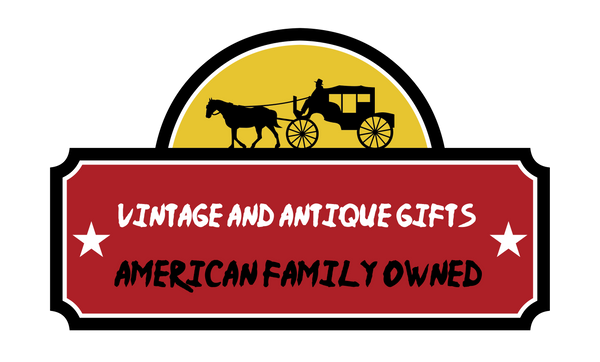Royal Crown Cola's Epic Rise From Humble Grocery Store Beginnings
Royal Crown Cola (RC) has a rich history filled with bitter battles, innovative ideas, and missed opportunities. Established in 1901 as the Cole-Hampton-Hatcher Grocery Store in Columbus, Georgia, the company's journey began when Claud A. Hatcher purchased a large volume of Coca-Cola syrup but was denied a discount by the company salesman, Columbus Roberts. This led to Hatcher creating his own soft drink formula, laying the foundation for RC's emergence as a beverage industry powerhouse.
Throughout its history, RC has been a trailblazer in the industry. In 1954, it became the first company to introduce soft drinks in cans, along with launching the first canned soda, caffeine-free soda, and 16-ounce soda. The company also secured endorsements from iconic personalities such as Bob Hope, Rita Haywood, Bing Crosby, Joan Crawford, Shirley Temple, and Lucille Ball.
One of RC's groundbreaking marketing strategies was its taste test campaigns in the late 1930s and 1940s, inspiring similar campaigns by competitors like Pepsi in the 1970s. Despite these successes, RC faced challenges such as lobbying for the Cola trademark and negative publicity surrounding its diet soda, which impacted the company's growth potential in the cola market.
While the company missed out on overtaking Coke and Pepsi as the most popular colas in America, Royal Crown Cola remains an important symbol of innovation and marketing in the beverage industry.
